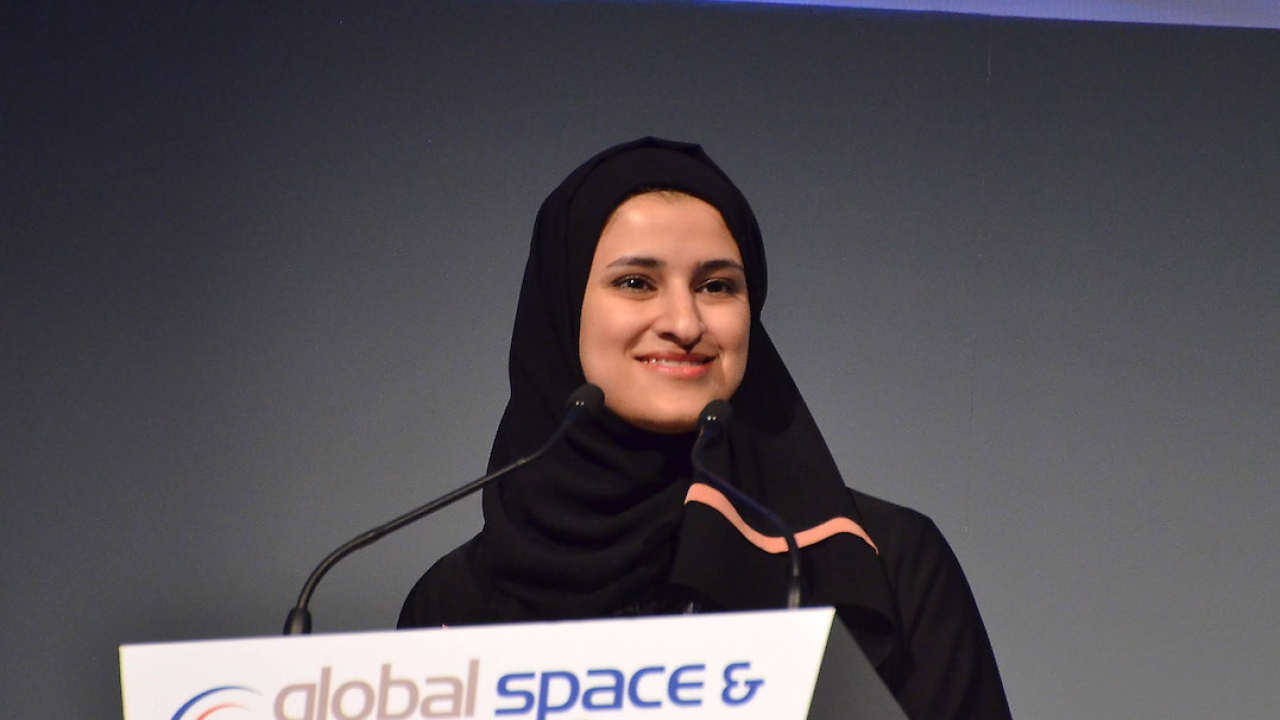Arabsat 6A Satellite launched

Above: Arabsat 6A and Falcon Heavy by SpaceX, prepared for launch at Cape Canaveral, Florida, USA, 11th April 2019.
Courtesy Arabsat
The Falcon-Heavy rocket was launched at 22:35 (GMT) 11th April 2019, carrying Arabsat 6A satellite, manufactured by Lockheed Martin, to be placed in the exclusive orbit of Arabsat 30.5 degrees East.
Khaled bin Ahmed Balkheyour president & CEO of Arabsat, at the Cape Canaveral air force base yesterday, said: "We are thankful for 6A satellite launch success as it was challenging for us and SpaceX because it is the first largest and heaviest satellite lifted by SpaceX on the most powerful rocket in operation today, the Falcon Heavy, which was designed specifically to launch such a load commercially, that is why this launch is considered a momentous leap in the field of commercial satellites manufacturing and launching.
"Arabsat-6A is a high-capacity telecommunications satellite that will deliver television, radio, Internet, and mobile communications to customers in the Middle East, Africa, and Europe. Built by Lockheed Martin, Arabsat 6A is the largest and most powerful commercial satellite Lockheed martin has ever produced. The modernised LM 2100 includes several innovations that make the satellite more powerful, more flexible and more versatile in orbit. Arabsat 6A provides advanced Ka-spot beam communications services and Ku and Ka-band coverages in addition to other frequency bands. It will be located at Arabsat exclusive orbital position 30.5, supporting Arabsat competitiveness, as the first satellite operator in the region, in respect to its capabilities and satellite broadcasting services.”
"Arabsat success during the past two months ,the launch of HS4 satellite at 39 degrees East for Hellas Sat, one of Arabsat subsidiary, last February and this success today, could not have been possible without the help of the hard working young Arab engineers from Arabsat headquarter and its two ground stations in Riyadh and Tunisia, where those satellites are operated and controlled. Those young engineers who were fully involved in the design of these satellites and the supervision of the manufacturing stages, we owe them all thanks and praise."
Stay up to date
Subscribe to the free Times Aerospace newsletter and receive the latest content every week. We'll never share your email address.

